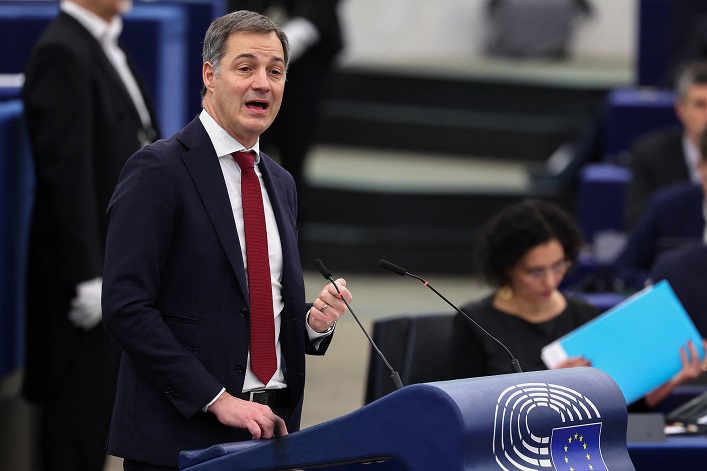“Belgium is not against the confiscation of the €280B in frozen assets belonging to the Russian Central Bank, but there must be a clear mechanism for this. For example, they can be used as collateral to attract funds for Ukraine,” Belgian Prime Minister Alexander De Croo said in Davos.
He explained that the risk is that financial stability could be undermined because central banks often place assets in each other. The lion’s share of assets – securities invested by the Russian central bank – are frozen in the Euroclear depository located in Brussels.
According to De Croo, some securities have a maturity date and are convertible to cash. This transaction is taxed at a rate of 25%.
“If there is any taxable income, we isolate it so that it can go to Ukraine,” he said.
As the official clarified, the tax on frozen assets in 2023 amounted to about €1.3B, and in 2024, this figure will amount to about €1.7B.
